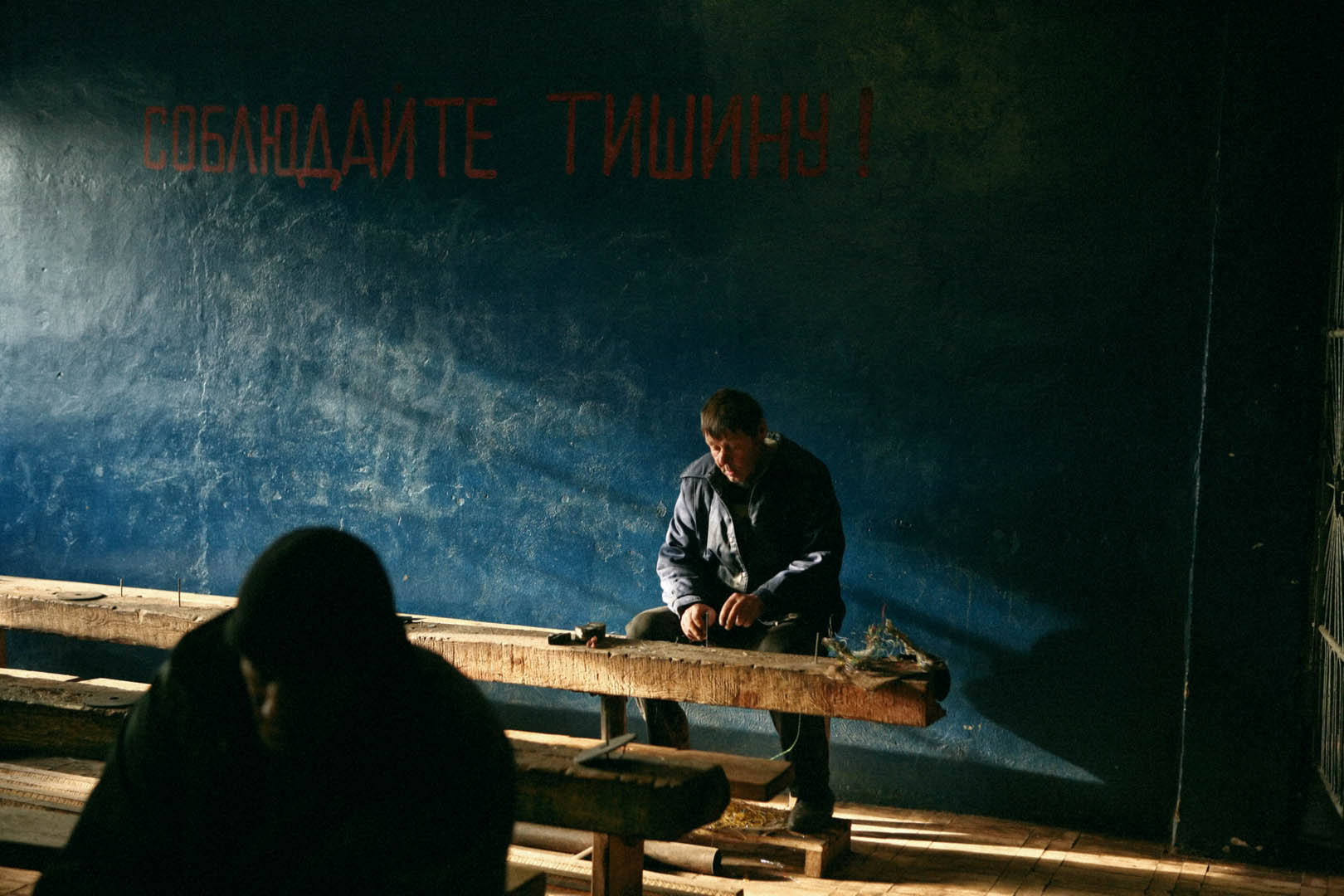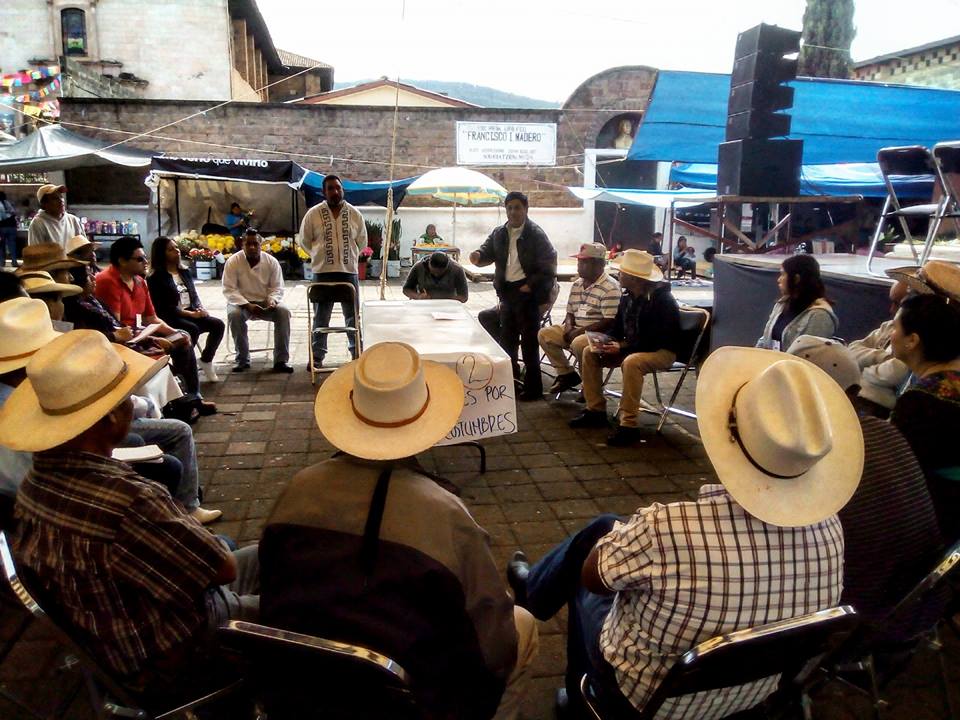A number of farm enterprises will be given to the Ministry of Internal Affairs (MIA). An enterprise “Khutor-agro” in Svetlogorsk district will become a first experimental stage. At August, 15th it was visited by the minister.
It will be a former prisoners who will work in these enterprises – state TV-channel ONT says. All production, made by them, will go for needs of internal military forces and the Army.
“Of course, we are going to create proper conditions for decent life [of the workers], give them residence, work, wages, so as hey could help their families, satisfy their obligations to the state and go back to a normal life.” – said Shunevich (the minister).
Now MIA and local administration negotiates how to transfer the assets from the communal form property to a republican.
The experiment will become a basis to a draft of a “law on social rehabilitation of the released detainees” – that’s the formal cause of creating the “kolkhos for former prisoners”. But through the words of Shunevich we can see that most probably it will be noting else but the other form of a labor camps for getting almost free labor from at-risk groups, who are socially vulnerable: former prisoners, who often do not have social ties and family and who often suffer from alcohol and drug addiction (Note: in Belarusian penal facilities an overwhelming majority of prisoners do not get salary for their work, or get sums much less then living wage).
Shunevich deliberately mentioned “satisfying the obligations to the state” as one of aims for creating such an enterprises. In penal colonies it is impossible to satisfy such obligations (financial payments, established by the court decision on a criminal case), because wages are miserable. Therefore, system seeks for an alternative decision: to use a cheap labor of people who are legally “free” (former detainees). Though a degree of their freedom in such kolkhoses will be highly doubted, also as a “creation of a normal living conditions” for them.
Some other factors also pointing on that it would not be a centers of voluntary social rehabilitation: who is going to control placing former prisoners to such a facility? How many persons from, for example, Minsk, will agree to move to a countryside voluntary to work there on an unqualified job for a miserable salary? How the “satisfying the obligations to the state” will be controlled? What cops will do to those who do not want to work? What they will do to those who will not want to work there? How they are going to control “going back to a normal life”? And why Shunevich decided that all former detainees were not “normal” in their previous life?
By 2014 activity therapy centers (LTPs – http://spring96.org/en/news/66543 ) and open-type penal colonies in Belarus holded more then 9 000 of detainees.
SEE ALSO: Inside Belarusian Rehab Prisons for Alcoholics – https://www.theguardian.com/world/gallery/2015/dec/17/belarus-soviet-jail-for-alcoholics-irina-popova
It is apparently not enough for covering the state’s needs in free labor power, so now they are trying to “improve” the situation by drawing the repression institutions, such as MIA. Looks like the experience of the economic collapse of the USSR did not teach state elites anything.
Source: http://naviny.by/new/20170815/1502814685-u-belorusskoy-milicii-budet-svoy-kolhoz




